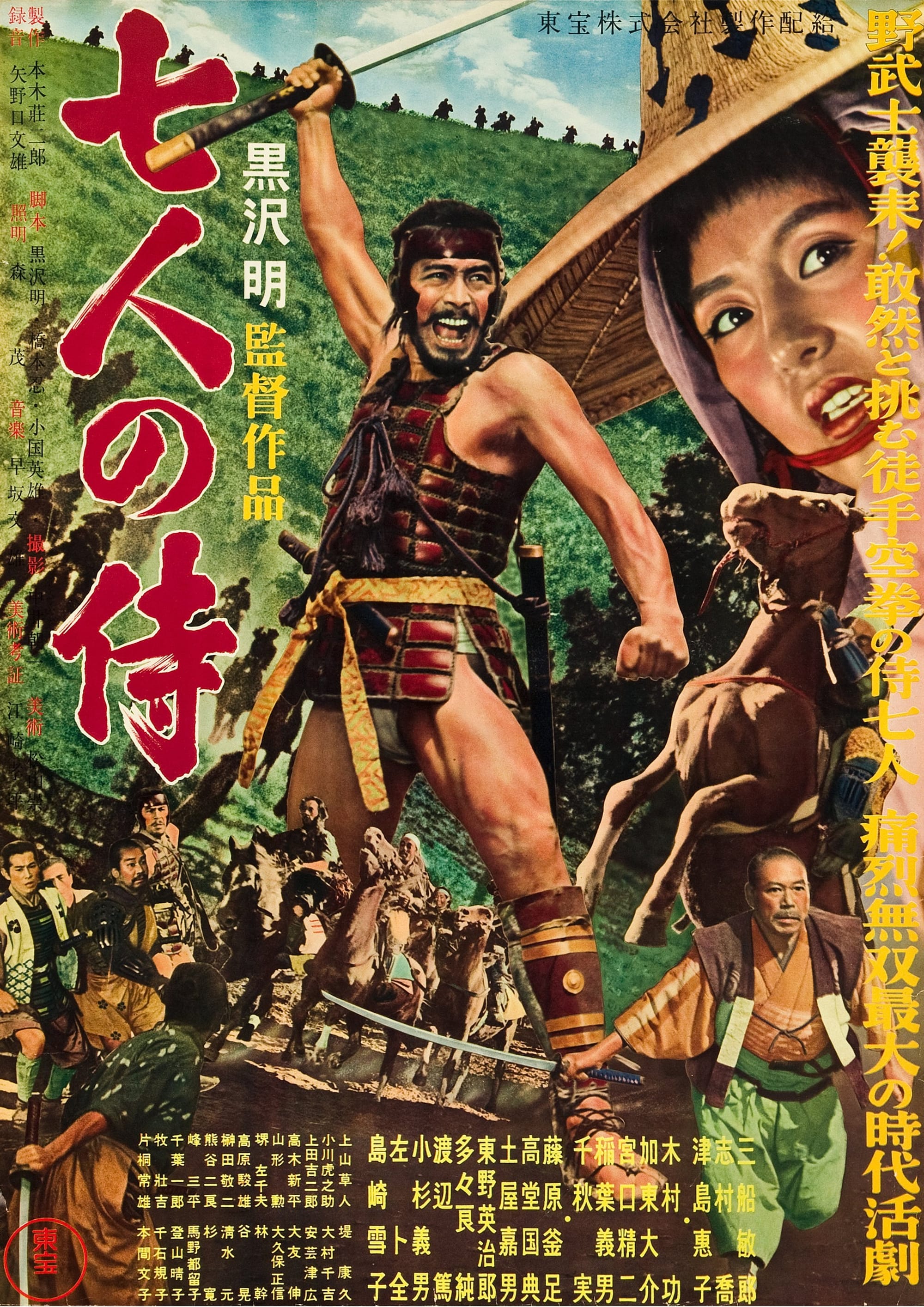Art vs. Entertainment or; how to be a film guy

Look, I wasn't going to write a newsletter today. I was going to be a few days late, which, given my intention is to be a week ahead, is already very late. But then my friend Marie's newsletter came out and it made have thoughts. Or, rather, it made thoughts I already had coalesce into an opinion, which is even worse.
Thoughts, you can keep to yourself, opinions pick at the inside of your brain until you put them in the world.
So.
I'll give you my thesis statement right up front: great art never intends to be great art. And art that intends to be great art is often pretty boring.
I'm not responding to the main point of Marie's newsletter, everything she says is very correct. But when she talks about trying to get into film masterpieces the thought I had was she should watch Kurosawa.
I mean, she might have done already, I did not ask her before I wrote this.
Something I've been thinking about a lot lately is how Shakespeare didn't expect his work to outlive him.
We know this because of two things. The first is that, in Shakespeare's time, theatre was not art. It was low culture, it was entertainment for the masses, it was disreputable.
If you wanted to write art, you wrote poetry. And Shakespeare could have made a career out of that. When the theatres were closed because of the plague, Shakespeare wrote long form narrative poems. He wrote them to shill for a patron, but he also arranged for them to be published, and they sold extremely well.
But when the theatres reopened, he went back to writing plays. He didn't have to do that.
The second thing is that he never bothered to have his plays published. That's not unusual – most plays weren't published, and the ones that were weren't published well. Shakespeare made absolutely no effort to ensure that good quality printed editions of his plays existed at all.
